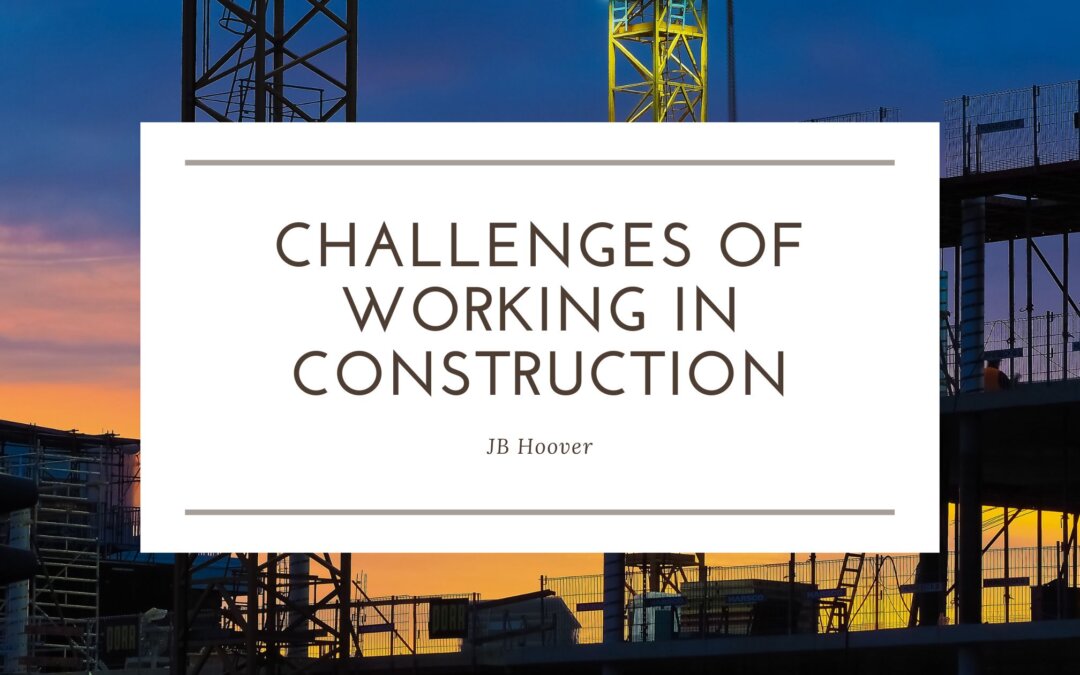The construction industry plays a vital role in building and shaping our world. However, like any other industry, it has its fair share of challenges. From complex projects to changing regulations, professionals in the construction field often face unique hurdles.
Labor Shortages
One of the most significant challenges in the construction industry is the persistent need for more skilled labor. As older workers retire, there is a growing gap in the availability of qualified workers to fill their positions. This shortage can lead to increased competition for skilled workers, project delays, and rising labor costs. To address this challenge, promoting vocational training and apprenticeship programs and attracting new talent to the industry is crucial.
Project Delays and Cost Overruns
Construction projects are complex endeavors that involve coordination among various stakeholders, including architects, engineers, contractors, and suppliers. Delays and cost overruns can occur due to unforeseen site conditions, weather disruptions, design changes, or logistical issues. Effective project management, proactive planning, and clear communication among team members are essential to mitigate these challenges and ensure projects stay on track.
Safety Risks
Construction sites can be inherently hazardous environments, posing risks to workers’ safety and well-being. Heavy machinery, working at heights, exposure to dangerous materials, and inadequate safety precautions can lead to accidents and injuries. Implementing robust safety protocols, providing proper training, and enforcing compliance with safety regulations are crucial in mitigating risks and creating a safe work environment.
Regulatory Compliance
The construction industry is subject to various regulations and codes that vary across regions and jurisdictions. Compliance with building codes, environmental regulations, labor laws, and health and safety standards complicates construction projects. Staying current with the latest regulations, obtaining necessary permits, and ensuring adherence to compliance requirements are essential for successful project execution.
Changing Technology and Innovation
The construction industry is witnessing rapid technological advancements reshaping how projects are designed, planned, and executed. While these innovations offer increased efficiency and productivity opportunities, they also present challenges. Adapting to new technologies, training employees, and integrating digital tools and processes require investment and a willingness to embrace change.
Sustainability and Environmental Concerns
With growing environmental awareness, sustainable construction practices are gaining prominence. Implementing eco-friendly materials, energy-efficient designs, and waste reduction strategies can present challenges for traditional construction methods. However, prioritizing sustainability is essential for addressing climate change and meeting evolving environmental regulations.
